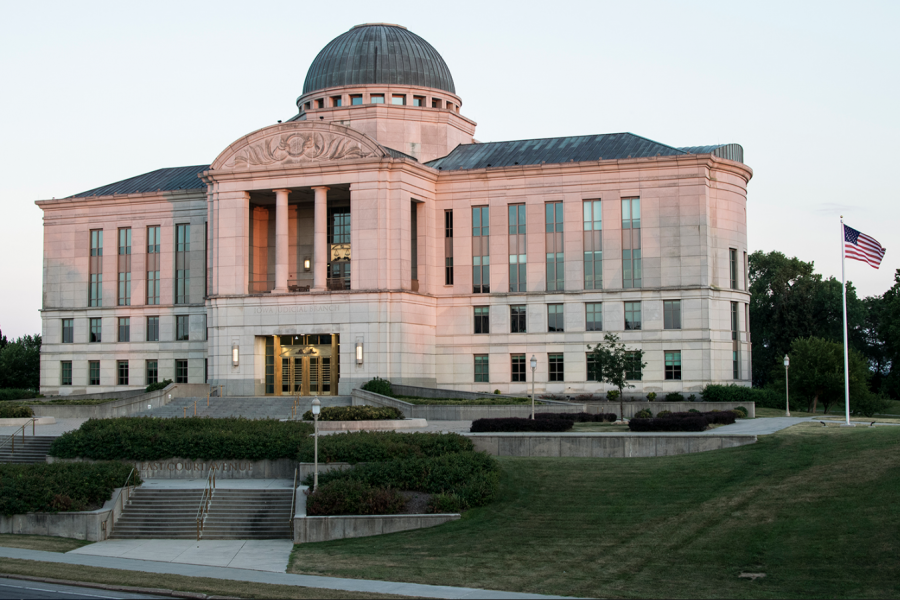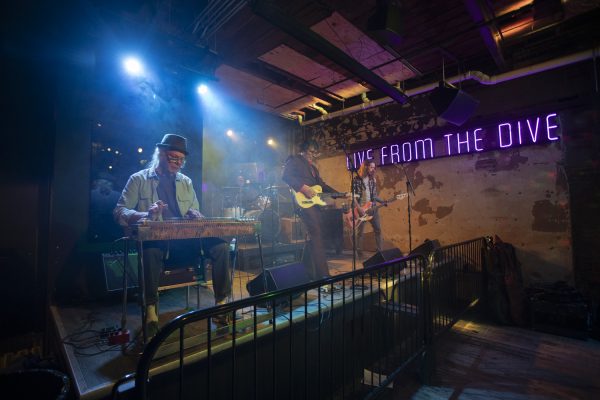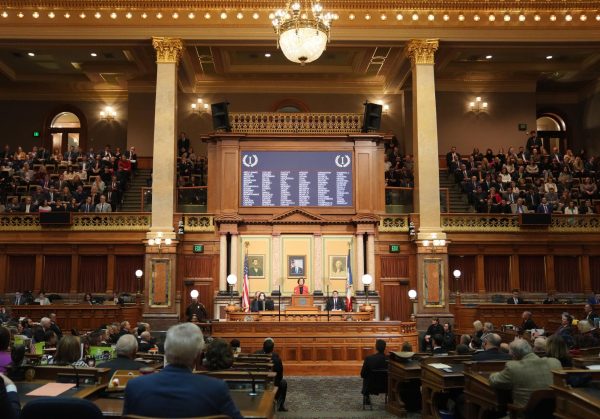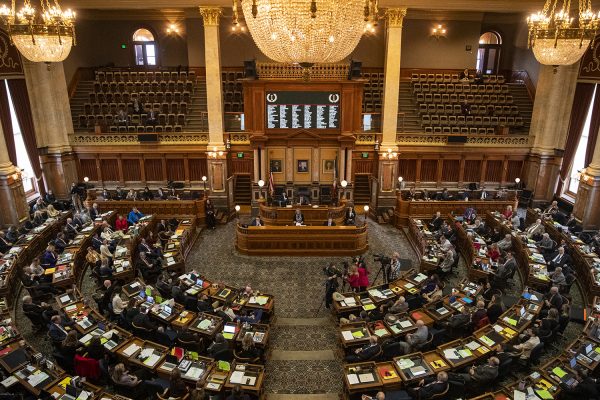Iowa Supreme Court hears Dakota Access Pipeline case
September 17, 2018
The Iowa Supreme Court recently heard arguments from representatives of Iowa landowners in a case regarding the controversial Dakota Access Pipeline, which runs underneath 343 miles of Iowa.
Lawyers representing the Sierra Club and Iowa landowners argued that acquiring land under eminent domain when the pipeline was under construction violated the Iowa Code and the Iowa and U.S. Constitutions.
Under Iowa Code, the Iowa Utilities Board can grant companies the right to complete an underground pipeline on land without permission from the owners when the board determines the land is “suitable” and the project is “in the public interest.”
Wallace Taylor, an attorney representing the Sierra Club and Iowa landowners, said in court Sept. 12 it did not qualify under public use.
“The Legislature has not specifically defined the term of public use,” Taylor said.
RELATED: Editorial: UI: Divest from Dakota Pipeline
The 1,172-mile-long Dakota Pipeline began pumping oil a little more than a year ago from the Bakken oil fields in North Dakota through South Dakota and Iowa to a terminal in Illinois. Its construction has faced heavy criticism from Native American groups, environmentalists, and farmers.
“This is a case of first impression for Iowa — whether a private [crude oil] pipeline that provides no direct service to Iowans whatsoever, and provides only incidental benefits, is a public use under this state’s Constitution,” said William Hannigan, an attorney representing the Sierra Club and Iowa landowners.
The project cost $3.8 billion, according to Dakota Access LLC.
“Our goal is stop the oil from flowing because of the likelihood of spills,” Taylor said. “The pipeline is just as hazardous as a rail car.”
In February 2017, 5th District Judge Jeffrey Farrel ruled that because of eminent domain laws in Iowa, the utilities board acted lawfully in agreeing to let Dakota Access run the pipeline through farmers’ land, according to the Des Moines Register.
Attorney Bret Dublinkse, representing the Dakota Pipeline, on Sept. 12 argued that the pipeline is operating in commercial services to provide products to refiners and processors that rely on it.
RELATED: Protest targets Dakota pipeline
“The pipeline is an established fact, and this case is entirely a moot one,” Dublinkse said.
The Iowa Supreme Court ruled in favor of eminent-domain privileges in the past, he said. Even if one landowner benefits from the project, he said, that would be considered a form of public use.
“Just because it has a high profile doesn’t mean it can change what the law is, and the law is clear,” Dublinkse said.
The appellants for the case include Keith Puntenney, Laverne Johnson, Richard Lamb, Marian Johnson, Northwest Iowa Landowners Association, Iowa Farmland Owners Association Inc., and the Sierra Club Iowa Chapter.
The appellees in the case listed on the Iowa Supreme Court website are Iowa Utilities Board, Office of Consumer Advocate and The Main Coalition, and Dakota Access, LLC.
A day before the arguments were heard, the utilities board filed a request for more information on how much insurance money Dakota Access LLC was setting aside for Iowa landowners.






















